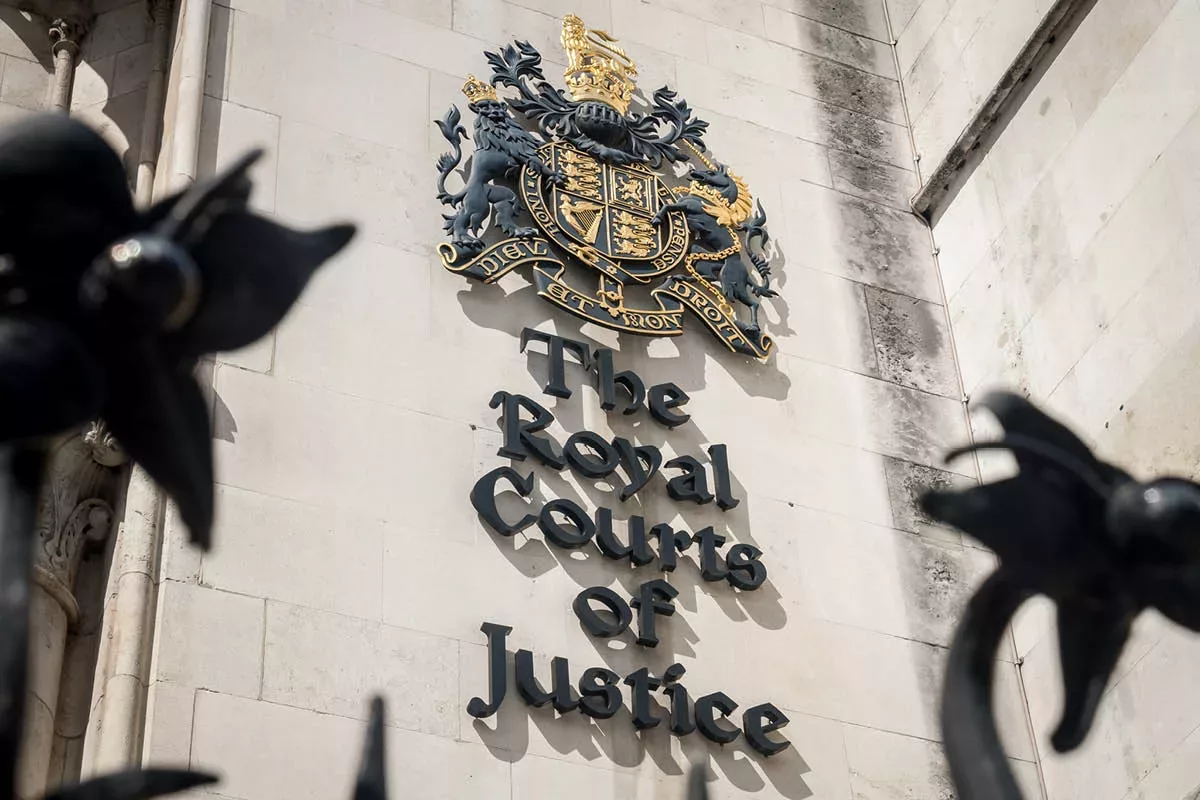Jemma Dally, Head of our Adoption, Surrogacy and Fertility team, acted for the applicant step-father in the reported case of – AB v CD [2018] EWHC 1590. A link to the judgment can be found below.
http://www.bailii.org/ew/cases/EWHC/Fam/2018/1590.html
In summary the case concerned two children GH and IJ who were born as a result of a surrogacy agreement. The children’s biological parents were the first and second respondent, CD and EF, and the surrogate was KV and the surrogate’s husband, HV.
The children were born in 2010 and were handed over to CD and EF. The surrogate and her husband retained no role in the children’s lives following their birth and CD and EF were the children’s primary carers. CD and EF remained married for 4 years after the children’s birth but later divorced. The children continued to live with CD and had limited contact with EF. CD later began a relationship with AB.
The Court acknowledged that in law the legal parents of the children were the surrogate and her husband. The main focus for the Court was that a paternal order – which has the transformative effect of re-assigning legal parenthood – was not available to the CD and EF in these circumstances as they were no longer married and, were not living as partners in an enduring family relationship.
Mr Justice Keehan noted at paragraph 74 of the judgment that “the absurdity of the law [in] not recognising the first and second respondent as the mother and father of these children is plain”
The Judge further stressed his extreme frustration at being prevented from making parental orders which would reflect surrogacy agreement and the intended parenthood of GH and IJ. Whilst the Judge was able to make orders recognising the living arrangements of the children these were deemed to “fall very far short of the transformative effect of a parental order” (paragraph 76).
This judgement provides valuable insight into the issues with the current legal framework for parental orders.
Tom Trim (Trainee Solicitor)






